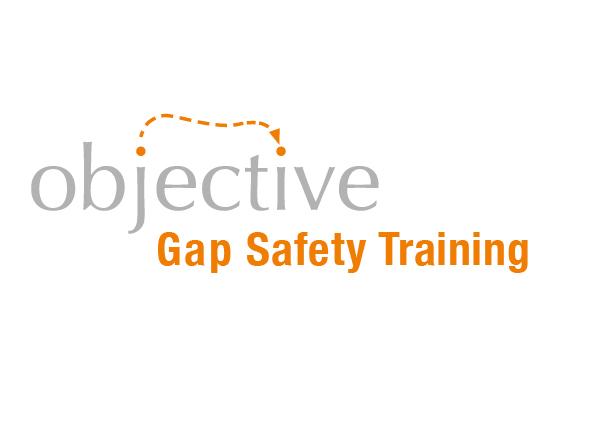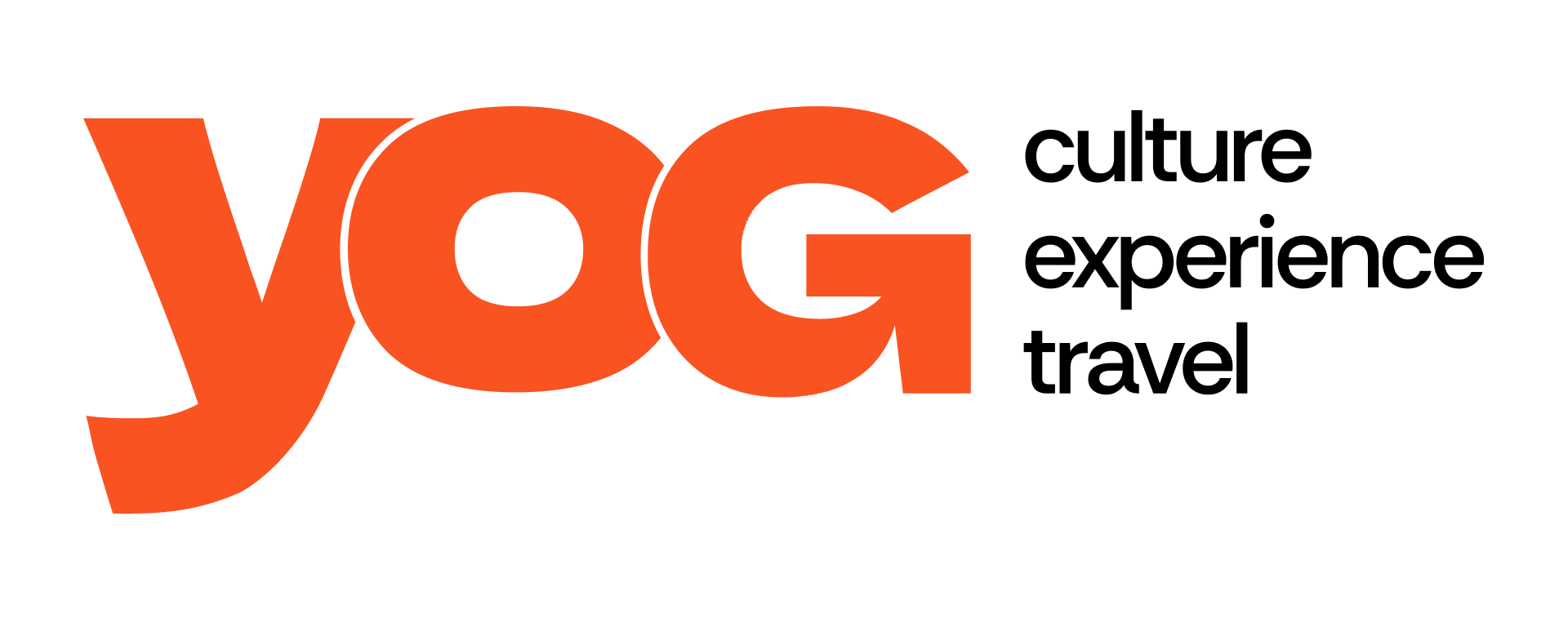Staying safe abroad
Be aware. Be informed. Make good choices. Get insurance.Safety on your gap year begins at home:
- Get yourself in shape and know your vulnerabilities.
- Study your travel arrangements as well as your destination.
- Check the Foreign, Commonwealth & Development Office’s (FCDO) Travel Aware advice pages on country security and dealing with a crisis overseas
- Tell friends and family about your travel plans.
- Get comprehensive travel medical insurance. Check what you are covered for and for how long.
Promotion: Gap Year Travel and Safety Course; ‘Keeping Safe on your Gap Year’ – Cost £165.
Book online: https://www.objectivegapyear.com/
The one-day course from Objective Gap Safety (Approved Provider) teaches young people how to prepare for their gap year travels and to deal with any problems they may face. Helping young people to recognise danger by teaching them to think on their feet as well as giving them the confidence to get off the beaten track, explore and make the most of their gap year.
The course gives lots of practical advice including:
- Before you go: preparation, insurance, health and disease prevention
- What to take: Kit, clothes, security of possessions
- Over there: Hostels, safe food and water, budgeting, how to get help
- Getting about: Taxis, buses, corrupt officials
- Medical: Life-saving medical advice
- And so much more…
The fun and interactive course is held in London regularly throughout the year.

Accidents & injuries
- Alcohol is a frequent factor in accidents, as it can affect judgement and lower your inhibitions. Your insurance will not cover you for accidents that occur under the influence of alcohol.
- Diving or jumping into a swimming pool from a balcony may result in death or permanent disability.
- Check any water for depth and submerged obstacles before diving in, strength of current and temperature.
- Falls from balconies are a common cause of serious injury and death and they can collapse if too many people are on them.
- Transport (see separate info)
- Food poisoning and contaminated water may give you the runs at best or hospitalisation. Ensure food is fresh and well-cooked and that you know the source of water in your drinks. Use purifiers if in doubt.
- Avoid excessive sun, dehydration, getting cold and damp as all will lead to discomfort and possibly more serious conditions.
- Take your medication and know how to replenish your stock locally.
Transport
Road traffic accidents (RTAs) are a major cause of serious injury and death. About 90% of RTA deaths are in poorer regions of the world, where there may be limited or even no medical services.
- Never drink/drug drive or if very tired.
- Avoid overcrowded transport
- try to assess the condition of a vehicle/driver
- Try not to travel alone, especially at night.
- Find out about local traffic patterns.
- Only use recommended taxis.
- Check tyres, brakes, lights and safety belts on any hire vehicle.
- Use seat belts and child safety restraints.
- Avoid night driving, especially on poor roads.
- Do not exceed speed limits.
- Wear a helmet if riding a horse, bicycle or motorbike.
Personal protection
Unfamiliar surroundings and lack of local knowledge increases your vulnerability.
Remember that when you are abroad, you must obey the laws of the country you are in, which may be very different from laws in the UK.
- Avoid large crowds and demonstrations.
- Dress modestly and don’t wear jewellery or clothes that attract attention.
- Be aware. Try not to let your guard down.
- Remember, you may be a target for pickpockets or worse.
- Never take photos of anyone without their permission or of any military or official staff or buildings.
- Do not under any circumstances exchange money illegally – use a bank or official currency exchange.
- Never use illegal drugs or carry them for anyone.
- Do not accept food or drinks from people you do not know.
- Drink alcohol in moderation and never drink in countries where it is banned.
- Avoid talking to strangers who approach you in the street or on public transport.
- Never discuss your travel plans with strangers.
- Resisting muggers is not recommended.
- Public displays of affection are not acceptable in some regions.
- Don’t book activities (bungee etc) without checking your insurance and researching the provider
Accommodation
- Avoid sharing rooms with strangers
- Try to book ahead
- Make sure locks work properly
- Use a safe to store valuables
- Know where the fire escapes are-check they open
- Read fire/emergency evacuation notice
- Sleep on lower floors
- Unplug any electrical equipment if it looks unsafe
- Never smoke in bed and do not leave candles or open flames unattended
Fire
- Check fire exits in clubs, discos and hotels/accommodation
- Check likely sources of fire (e.g. food outlet)
- Check if fire and smoke alarms work
If you suspect fire
- Keep calm-raise alarm & call emergency services
- Tell everyone in your room to leave
- Dress appropriately, quickly and for the local weather conditions
- Do not take luggage
- Assess the situation-feeling for heat through door, open door carefully
- If the corridor is safe to enter with an absence of heavy smoke, go out
Water
- Never swim after drinking alcohol or taking drugs.
- Don’t swim in the dark.
- Do not swim alone and have someone on shore to keep a look out on you.
- Get advice from locals about tides and safe places to swim, paddle or wade.
- Riptides and freak waves can catch you by surprise.
- Always supervise children in or near water.
- Check water depth before diving.
- The strength, depth and temperature of the water can change during the day and overnight, as can the beach itself.
- A river and sea currents will move you. Check your exit route.
Promotion feature: Close Circle’s high tech security app acts as your own virtual bodyguard whilst on the go.
The service tracks every member and provides security alerts and support wherever you are in the world. You can also allow family to follow you progress. Operating like a personal global emergency service, the app also includes an SOS panic-button that immediately connects you to experienced security experts who give you instant advice and, if necessary, arrange your immediate evacuation, at no extra cost. You can buy a package that covers 3 (£49.95), 6 or 12 months.
Year Out Group receives no commission from CloseCircle, we just feel it’s a well-thought through product for anyone concerned about their personal security whilst overseas.
“Hindsight is a wonderful thing; foresight is better. Especially when it comes to saving life, or some pain”!
– William Blake
Other links:
Aviation Safety Network: Passenger Safety Information.
Department of Transport: Road safety overseas.
Directgov: Travel and Transport.
World Health Organization: 10 facts on global road safety.
European Commission: Air safety: list of airlines banned within the EU.
Foreign and Commonwealth Office: Balcony safety.
Foreign and Commonwealth Office: Support for British nationals Abroad.
Metropolitan Police: Staying Safe. (London advice but useful for other cities).
Run, Hide, Tell (What to do in a terror attack).
Royal Society for the Prevention of Accidents: Watersports Safety Abroad.
Suzy Lamplugh Trust: Worldwide general personal safety advice.
British Council: Personal Safety Abroad.

